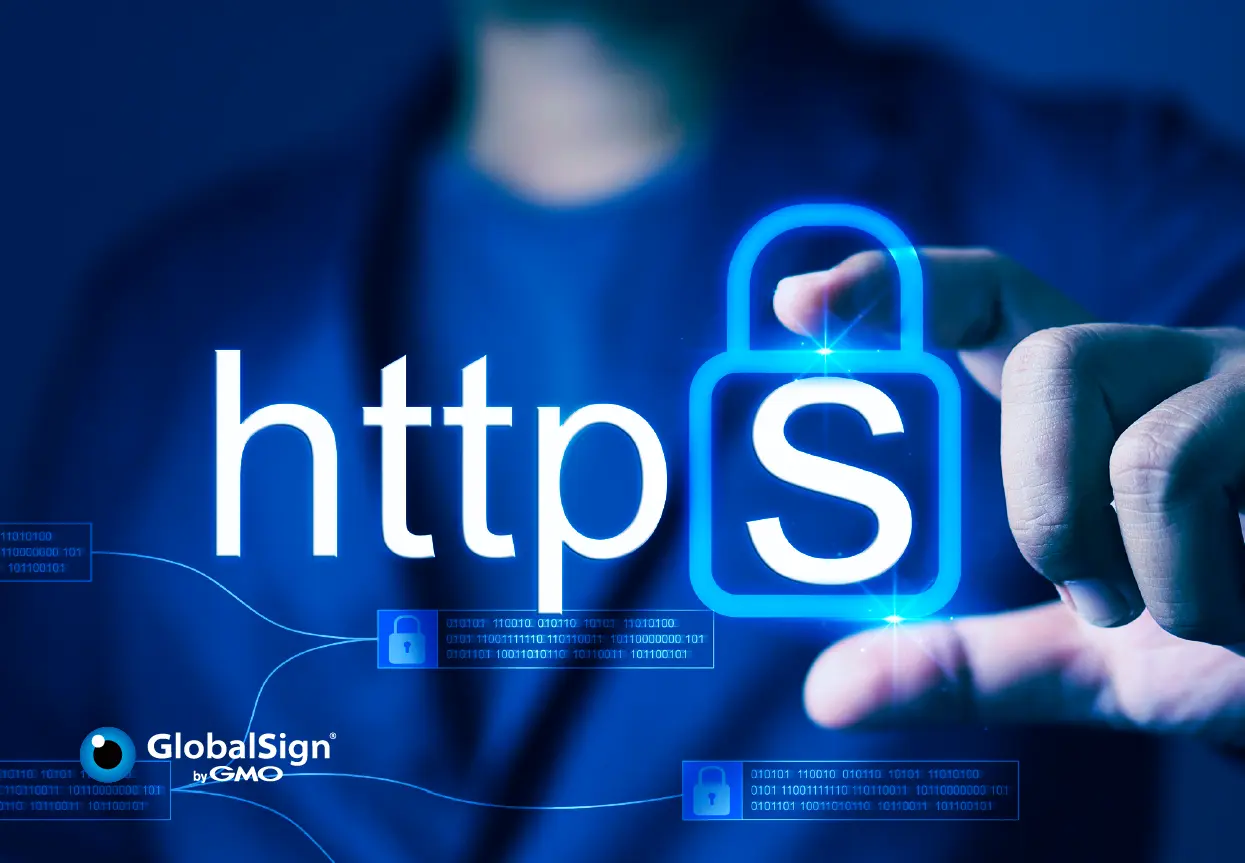Last week, I attended the Internet Retailer Conference + Exhibition (IRCE) in Chicago. Billed as the retail industry’s leading eCommerce conference and exhibition, the IRCE event was of high interest as GlobalSign is gaining a lot of traction in this space with our SSL as a Service.
It was great to be able to go to a trade show as an attendee and not have the pressure of being an exhibitor. I got a chance to have exhibitors pitch me and ask them questions that are normally asked to me when I am manning the GlobalSign booth. The reason for attending IRCE 2016 was two-fold;
- Learn more about the conference.
- Talk to exhibiting vendors to see if security is important to them.
Who is Responsible for Security?
Before even attending IRCE, I scoured through the conference agenda and immediately noticed that not one session was scheduled that addressed security. To me, this was quite surprising. An important part of doing business with a company online is trusting that your transactions will be secure and your data will remain private. You would think that security would really resonate with the many of exhibiting vendors providing eCommerce platform services to their customers, who must show this trust to their customers.
Now once at the show and spending time walking around the event and talking to exhibitors, security was also conspicuously absent from messaging across the show floor. When engaging in conversation with eCommerce platform vendors, I made it a point to ask exhibitors how they were addressing security and how they were enabling their customers to acquire and install SSL Certificates. While everyone I spoke with did say security was extremely important to them, they weren’t weaving the security message into their marketing materials. Additionally, many said that the onus of getting an SSL Certificate should be on the merchant customer.
Now, there’s nothing inherently wrong with that mentality, but ordering, installing and maintaining SSL can be intimidating, especially for smaller merchants. If security really is as important to these vendors as they say it is, wouldn’t it be nice if they offered solutions that would make it easier for their merchant customers to implement?
Making Security Easy for Everyone – SSL as a Service
We recently introduced the concept of SSL as a Service, designed specifically for service providers, such as eCommerce platform vendors, as a way to integrate SSL into their existing product offerings and services. While many service providers have been offering SSL as an add-on option for years, often directing customers to a preferred SSL vendor or even reselling the certificates themselves, we’re talking about a completely different approach here.
SSL as a Service takes the responsibility of SSL away from the platform customers, but thanks to our APIs and automation technologies, the burden doesn’t just transfer to the service provider. Instead, the entire end-to-end provisioning process can be fully automated, requiring little to no customer interaction or much involvement from the service provider’s internal teams.
Shopify Use Case
Late last year, Shopify, the leading cloud-based, multichannel commerce platform designed for small and medium-sized businesses, partnered with GlobalSign to integrate SSL into its existing services. They wanted to ensure all transactions on customer sites were secured, but without relying on merchants to understand, order and manage SSL Certificates themselves. Shopify merchant customers are now able to get everything they need for their online store directly through the platform, while Shopify retains complete control over the user experience.
Due to Shopify’s sizable and rapidly growing customer base, they also needed a Certificate Authority that was capable of issuing certificates at an unprecedented volume and speed, with the ability to scale to accommodate their aggressive growth. GlobalSign’s High Volume Certificate Services were a perfect match.
By using GlobalSign's High Volume Certificate Services, Shopify is able to:
- Gain a competitive advantage by integrating SSL into existing services
- Improve user experience by eliminating the need for customers to understand and manage SSL
- Control user experience by keeping customers within the Shopify platform, rather than sending them to other vendors to acquire SSL
- Provision thousands of certificates per day to accommodate business growth
It’s evident that there is a huge opportunity here for eCommerce platform vendors to embrace the “encrypt everything” movement and integrate SSL as a Service into their offerings. Making this process easier for their customers would be key to ensuring success and retaining and growing their customer bases. We’re going to push hard to propose a speaking track at IRCE 2017 to let the industry know that SSL is more than just necessary…it can be a major advantage that can differentiate your eCommerce service offering from the competition.
To learn more about this, I’d like to invite you to our upcoming webinar on June 28th, The Business Advantages of SSL as a Service.






